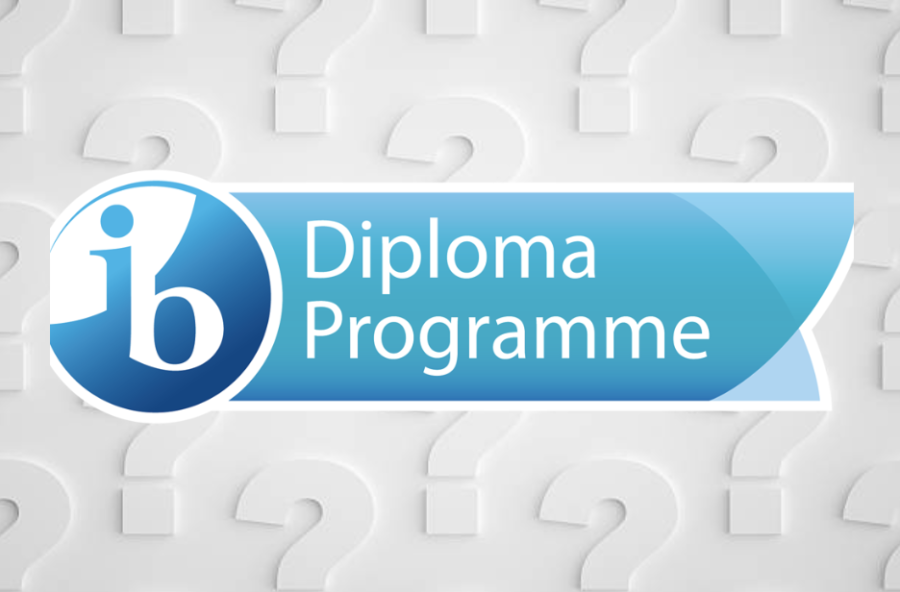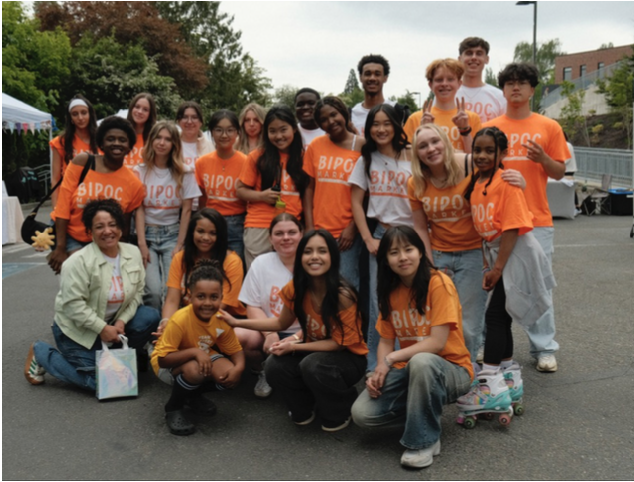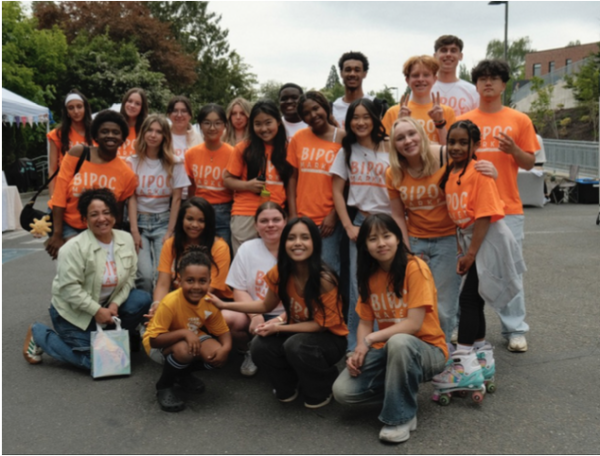IB for Dummies
April 27, 2018
The IB Diploma Programme is a very prominent aspect of Annie Wright Upper School. Although it is well known by those who are in the process of completing it, for others, such as underclassmen like myself, it is fairly mysterious.
Inkwell interviewed the IB Diploma Programme coordinator, Emily Lynn, to ask her some common questions about IB to get a better sense of what IB really is and how it works.
Inkwell: What is the IB Diploma Programme?
Lynn: IB is essentially an add-on to the high school diploma. It is more easily comprehensible to an international university. It demonstrates a certain level of rigor and standardization.
Inkwell: How does the program work?
Lynn: It is a unique program, compared to AP or other standard testing programs. It requires that a student must study six different subjects. They also must study three of them at a high level and achieve a certain score in order to earn the diploma. Also they must do three core experiences if they want to earn a full IB diploma.
Inkwell: Can anyone be a part of IB?
Lynn: Yes, I think anyone can definitely do it, especially since we offer course candidacies, which means that a student only does IB courses in specific subjects. Nobody should feel like they have to do it.
Inkwell: What requirements must you fulfill in order to get a full IB diploma?
Lynn: You have to take six IB classes in different subject areas. Three of them have to be high level, and you have to earn a total score of 24 points. IB is on a scale of 1 to 7. Seven is a super hard score to get so on average you must get around a four in each class to achieve the total number of points. Within those 24 points you have to get 12 points in your high level classes and you have to get 9 points in your standard level classes. You also have to complete TOK, the extended essay and CAS.
Inkwell: What is TOK, the extended essay and CAS?
Lynn: In my opinion, this is my favorite part of the concept of the IB program. These are called the core experiences, and really they are a way to try to tie the classes together and also give you credit for any activities you may be doing outside the classroom. So TOK, Theory Of Knowledge, asks questions that tie together the knowledge you receive in your other classes. The Extended Essay lets you pursue research in an area of academic interest to you at length. Then CAS, Creativity, Activity, Service, lets you explore the things you might be doing with your family, with your relationships and for your community. Essentially it just asks you to engage in those and reflect on them.
Inkwell: How is IB different from AP?
Lynn: It’s way more holistic. In AP you focus on certain subjects for one year then study for the tests, and there is no such thing as an AP diploma. IB integrates a lot more assessment types, so there are take-home written assignments, the IAs [internal assessments] and presentations and things like that. What I like about that is that it distributes some of the grading, because some students don’t like to just walk in and take the test. Also it is two-year courses instead of one-year courses.
Inkwell: Can you get college credit from IB classes and diplomas?
Lynn: It varies a lot, depending on the college. Most typically if you take a high level class and you earn a 4 or 5 and above on the assessments, a lot of colleges will offer you some amount of credit for that.
Inkwell: How are you assessed for IB? Grading scale?
Lynn: It is on a 1 to 7 scale. They look at a range of usually 4 or 5 assessments and each of those is worth a different percentage. Some of them your teacher actually gives the score and then IB just looks at a sample and they might adjust your teacher’s scores. So it’s looking at how do you do when you take home a piece of writing, how do you do as a speaker, and then also how do you do in a timed exam setting. So it tests different modes.
Inkwell: Does IB make you look better in the college process?
Lynn: We find that this question can have a lot of different answers. Because you go to Annie Wright, your transcript is automatically going to say that most of your classes are IB and that looks good to the college regardless of whether or not you take the tests. They know it’s harder and so all of our students benefit from that. Sometimes a college might notice if a student is a diploma candidate and they understand that it took a lot of extra work, but we don’t find that it is a golden ticket. Sometimes if a student chooses to do the diploma and that’s at the expense of pursuing their own passions, then I don’t know if that really helps them in the college process. But generally having the curriculum present and having you guys all take those classes is mostly helpful.
Inkwell: How does IB prepare students for college?
Lynn: We regularly hear from students that when they get to college that it is easy for them. Regardless of whether students do the full diploma or the tests, it’s a lot of work and it’s a pretty well-designed curriculum because it pushes on other skill sets rather than just test-taking, and it requires a lot of balancing. TOK and the Extended Essay are very similar to things you will have to do in college too. I think because it is really challenging and also asks for balance we see that people feel overprepared usually.
Inkwell: What is the cost of IB?
Lynn: Currently the cost is approximately $1,000 to do the whole thing. That amount can change based on what IB is charging us for each student, but right now if you want to take all six subjects and test in those for the full diploma, it’s $1,000. However, if a student was ever concerned about the cost we would encourage them to come talk to me or Jake.
Inkwell: What is something you think underclassmen should know about the IB program?
Lynn: I would say it’s a way to demonstrate academic excellence. We as a school are proud of you whether you do or don’t do it and it isn’t something we are trying to push students into doing. I think it’s a good fit for students who are excited about the idea of the core and who kind of have a good sense of themselves and their time management skills.










